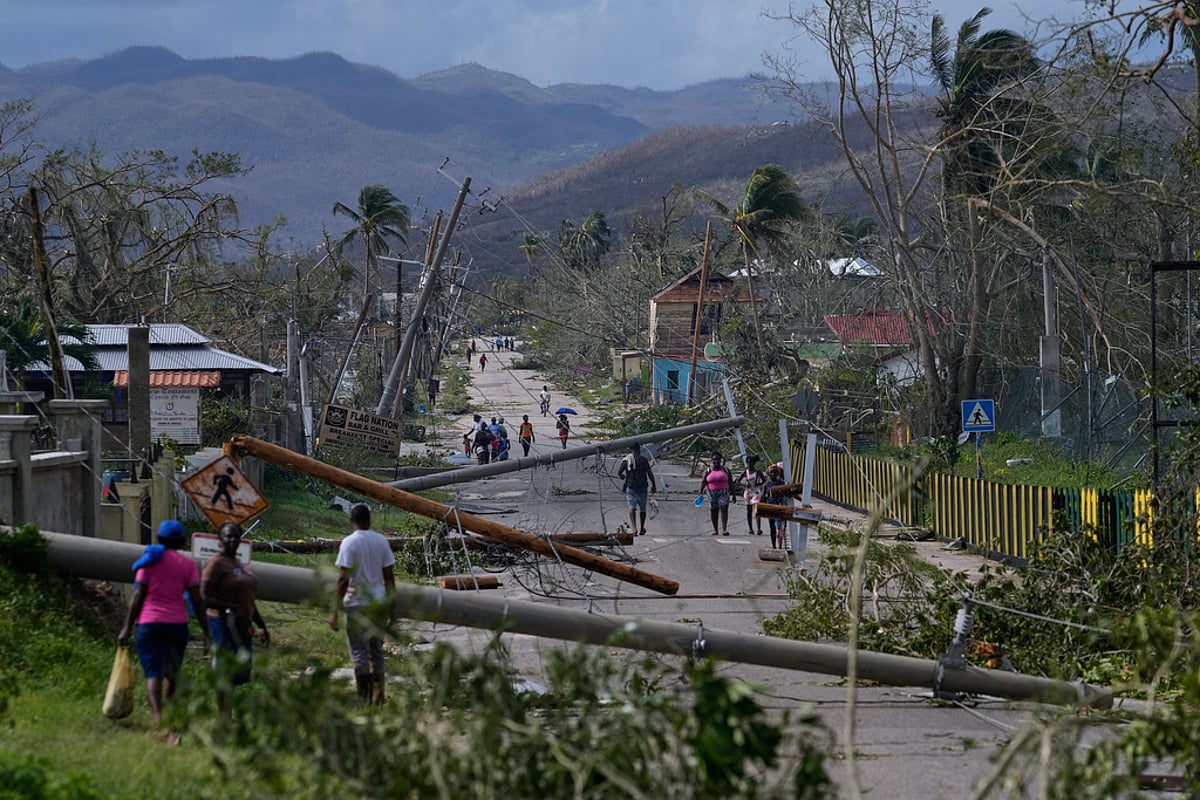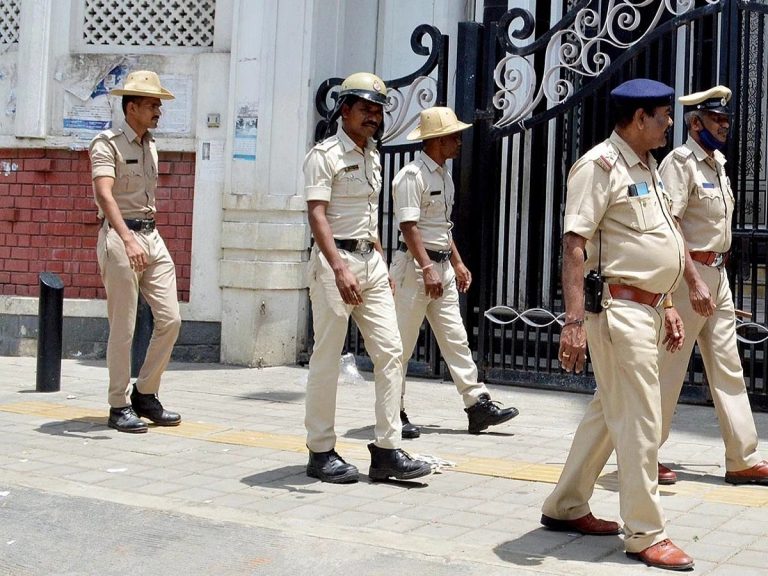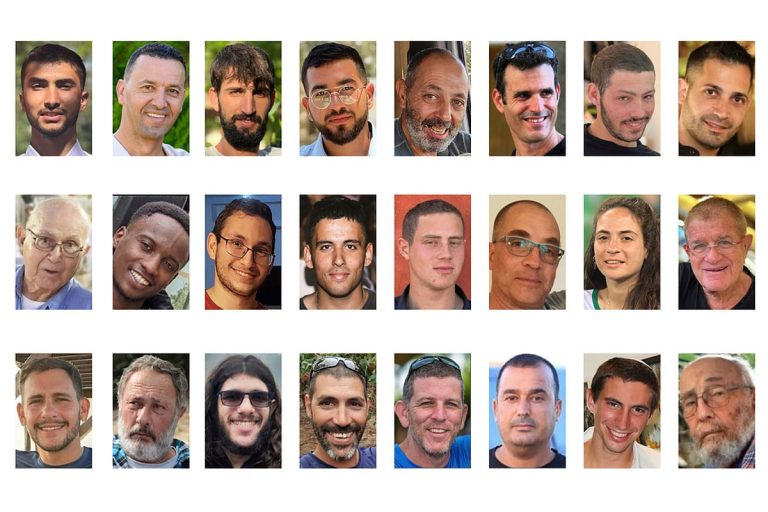Hurricane Melissa Devastates Caribbean, Recovery Underway
Hurricane Melissa has wreaked havoc across the Caribbean, leading to significant loss of life and widespread destruction. As recovery efforts begin, the full extent of the storm’s impact is becoming clearer, with many communities still in dire need of assistance.
Overview of the Storm’s Impact
Hurricane Melissa made landfall near New Hope, Jamaica, on October 29, 2025, reaching a record-tying Category 5 status with winds of 185 mph. This storm is noted as the strongest to hit Jamaica in over 170 years. As it moved through the region, it left a path of destruction that has affected thousands of residents.
As of now, the confirmed death toll stands at 52, with the numbers expected to rise as rescue teams reach remote areas. In Haiti, flooding from swollen rivers has claimed at least 25 lives, while Jamaica has reported four fatalities, with bodies found in Black River and Gallon Beach.
Ongoing Recovery Efforts
In Jamaica, over 530,000 residents are currently without power, and approximately 15,000 people have sought refuge in shelters. The storm has caused extensive infrastructure damage, with blocked roads complicating recovery efforts. Airports are gradually reopening for emergency relief flights, although initial assessments indicate that damage was mostly superficial.
In Cuba, the situation is similarly dire. The storm weakened to a Category 3 before making landfall, with winds of 120 mph. Eastern Cuba saw the evacuation of around 735,000 individuals to emergency centers, as President Miguel Diaz-Canel reported significant damage and ongoing heavy rains.
Current Status of Hurricane Melissa
As of October 30, 2025, Hurricane Melissa has weakened to a Category 1 storm, with maximum sustained winds of 90 mph. The storm is currently moving toward the southeastern and central Bahamas, where hurricane warnings remain in effect. Conditions are expected to intensify in Bermuda before diminishing rapidly.
The National Hurricane Center (NHC) continues to monitor the storm’s progress, and US Disaster Assistance Response Teams are en route to Jamaica, the Bahamas, the Dominican Republic, and Haiti, expected to arrive within the next 24 to 48 hours.
Humanitarian Concerns
The humanitarian situation is critical, with UNICEF estimating that 1.6 million children are at risk due to the storm’s aftermath. Aid efforts are underway, providing essential supplies such as water, food, and hygiene kits to affected areas. Prime Minister Andrew Holness of Jamaica described the damage as “heartbreaking,” particularly in Black River, which he noted as “totally destroyed.”
FAQs
What areas have been most affected by Hurricane Melissa?
Jamaica and Haiti have experienced the most severe impacts, with significant flooding and structural damage reported. Eastern Cuba also faced extensive evacuations and damage.
How is the recovery process progressing?
Recovery efforts are ongoing, with emergency shelters set up and airports reopening for relief flights. However, many communities remain isolated, complicating access to aid.
What assistance is being provided to those affected?
Humanitarian organizations, including UNICEF, are mobilizing to deliver essential supplies such as food, water, and hygiene kits to those in need across the affected regions.
Conclusion
Hurricane Melissa has left a trail of destruction across the Caribbean, with recovery efforts just beginning. As aid teams mobilize and infrastructure is assessed, the focus remains on providing immediate assistance to those impacted by this devastating storm. The situation continues to evolve, and further updates will be crucial as communities work toward recovery.
The long-term effects of Hurricane Melissa are likely to be felt for years, as communities grapple with the challenges of rebuilding. The storm’s unprecedented intensity has raised concerns about climate change and its role in increasing the frequency and severity of such weather events in the Caribbean. Experts are urging governments to invest in resilient infrastructure and disaster preparedness to mitigate future risks.
In addition to immediate humanitarian needs, mental health support will be crucial for those affected by the storm. Many individuals have experienced trauma from the loss of homes and loved ones, and access to counseling services will be essential in the recovery process. Local and international organizations are working to address these psychological impacts as part of their comprehensive aid strategies.
As the recovery unfolds, collaboration between local governments, international agencies, and non-profit organizations will be vital. Efficient coordination can help ensure that resources are allocated effectively, reaching the most vulnerable populations. The rebuilding phase will require not only financial assistance but also community engagement to foster resilience and preparedness for future disasters.
Also Read:
Hurricane Melissa: Unprecedented Strength and Climate Impact







